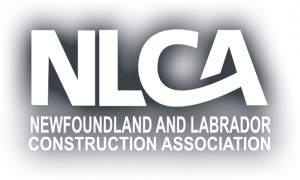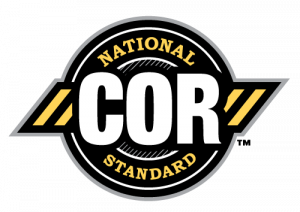Noise Reduction – Just as Icynene open cell spray foam seals against the transfer of air and accompanying moisture, it also helps reduce the transfer of noise. Thanks to the sound-dampening qualities of Icynene insulation, problems and annoyances related to “thin walls” can be easily turned into greater privacy.
Water Intrusion – In the event of a water leak, Icynene open cell foam offers superior breathability which allows the material to dry and remain unaffected by minor wetting. Icynene continues to operate at peak performance levels once dried. This can help protect the building envelope from sustained wetting or conditions that can lead to rot.
Access/Repair Electrical or Plumbing – Icynene open cell spray foam can be easily cut away and removed to access plumbing or electrical wiring. If a plumbing leak were to get the product wet, leaving the wall cavity open temporarily would allow it to dry and eliminate the need for total replacement. Icynene’s touch-up kit is available to recreate the air-seal.
Icynene Performance Advantages
Icynene spray foam:
- reduces the risk of replacing HVAC equipment due to short cycling
- eliminates the need to replace worn or damaged insulation
- eliminates cooling time for air flow in duct work
- reduces potential for mold growth in your home
- contributes to sound resistance near highways, airports, etc.
- reduces random air leaks and limits the penetration of outdoor allergen and pollutants contributing to better indoor air quality
- can help reduce monthly heating and cooling bills

Fact.
Icynene’s licensed installers wear suits and masks when applying product.
Yes, it’s true. Icynene licensed installers wear protective gear, much like professional painters, to protect themselves from ‘overspray’ (small particles of material that become airborne during application) and to aid in breathing while working in confined spaces.
Have More Questions?
Please visit online at www.icynene.com or call 800-758-7325
to find your local Icynene Licensed Contractor







